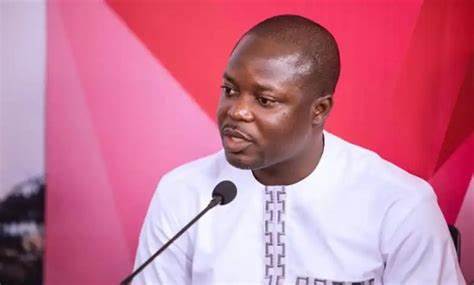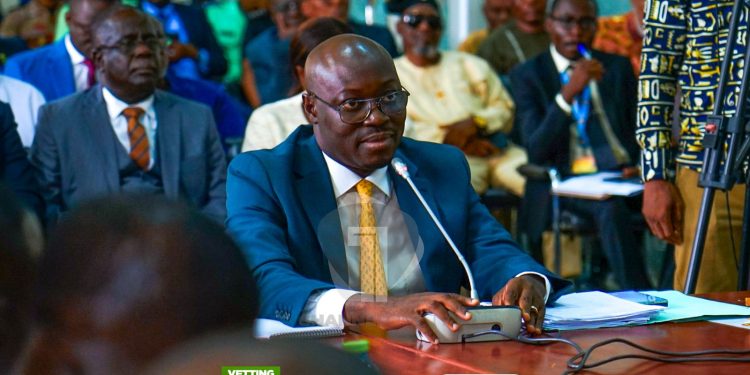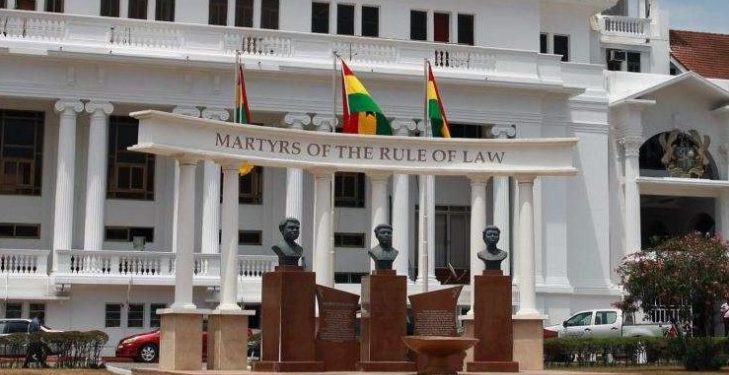The Executive Director of the Centre for Environmental Management and Sustainable Energy, Benjamin Nsiah, has condemned the recent hike in electricity tariffs, describing it as a consequence of economic mismanagement by state institutions.

His comments come in response to the Public Utilities Regulatory Commission’s (PURC) latest quarterly review, which announced a 14.75% average increase in electricity tariffs effective May 3, 2025.
According to the PURC, the tariff adjustment was influenced by several economic indicators, including the depreciation of the Ghana cedi against the US dollar, inflation trends, rising fuel costs—particularly natural gas—and the current power generation mix of hydro and thermal sources.
However, in an interview with ChannelOne News on Friday, April 18, Nsiah rejected these explanations, asserting that the increase reflects a broader failure of leadership and fiscal responsibility.
“What is happening with the tariff adjustment is a reflection of an irresponsible state institution or persons who manage these institutions. If the state fails to manage inflation or acts irresponsibly in handling it, that burden is unfairly shifted to electricity users,” he stated.
Nsiah further criticised the use of the cedi’s depreciation as a pricing factor, placing the blame squarely on the Bank of Ghana and the Ministry of Finance for failing to stabilise the local currency and manage the economy effectively.
“In terms of depreciation of the currency, which is one of the factors in determining tariff, the Bank of Ghana and the Minister of Finance mismanage the economy so much that the cedi depreciates, they say the end user should pay for this particular cedi depreciation,” he lamented.
He further argued that the PURC’s reliance on these economic indicators as justification for the hike is fundamentally flawed, as the very institutions tasked with ensuring currency stability have failed in their responsibilities.
“I think that these state institutions and their appointees have not been fair to the end user because they are supposed to manage the cedi for it to be stable. I think that yes, they made certain justification for the adjustment, but that justification indirectly is irresponsible because the state actors who have been mandated to make sure the cedi is stable have not done their work well, and that inefficiency on their side is being passed on to the user,” he added.
























































![[FREE FREE MONEY] Predict and Win a Guaranteed GH¢200 From Us EVERY WEEK](https://wordpress.ghanatalksradio.com/wp-content/uploads/2022/02/Predict-and-Win-Final-09-03-2021-218x150.jpg)
![[Predict & Win – 8th/Oct.] WIN A Guaranteed ¢200 From Us This Week](https://wordpress.ghanatalksradio.com/wp-content/uploads/2021/10/maxresdefault-16-218x150.jpg)
![[Predict & Win – 2nd] WIN A Guaranteed ¢200 From Us This Week](https://wordpress.ghanatalksradio.com/wp-content/uploads/2021/09/maxresdefault-50-218x150.jpg)
![[Predict & Win – 25th] WIN A Guaranteed ¢200 From Us This Week](https://wordpress.ghanatalksradio.com/wp-content/uploads/2021/09/maxresdefault-36-218x150.jpg)
![[Predict & Win – 18th] WIN A Guaranteed ¢200 From Us This Week](https://wordpress.ghanatalksradio.com/wp-content/uploads/2021/09/maxresdefault-23-218x150.jpg)








![[National cathedral] See full list of churches that have contributed since 2018](https://wordpress.ghanatalksradio.com/wp-content/uploads/2020/09/Ghana-National-Cathedral-GhanaTalksRadio-100x70.jpg)



